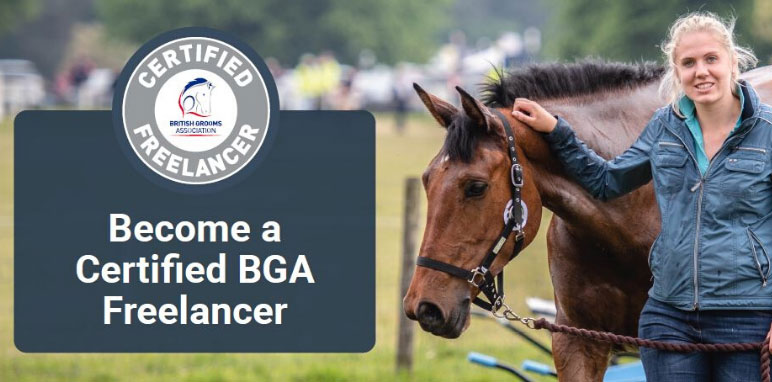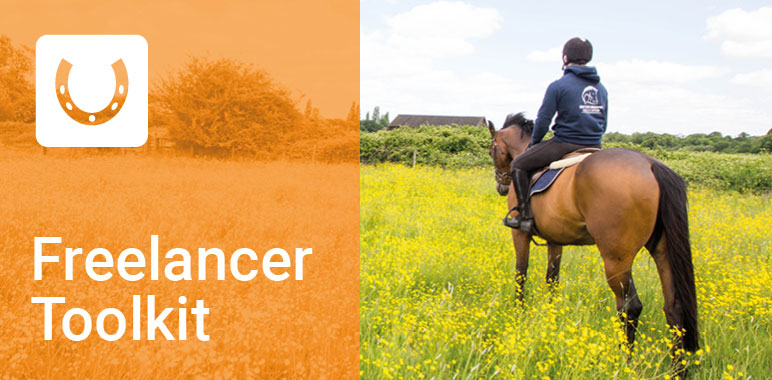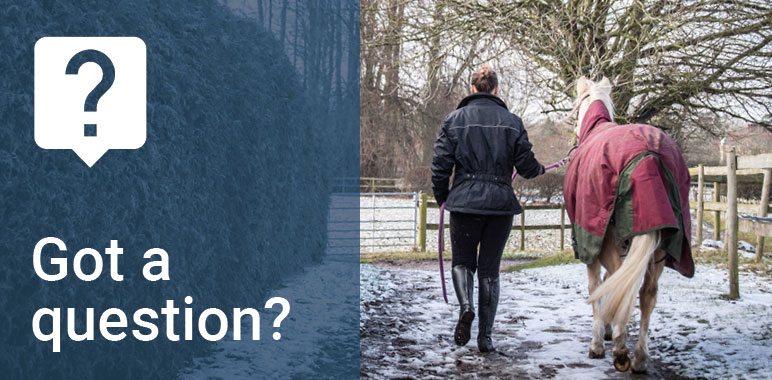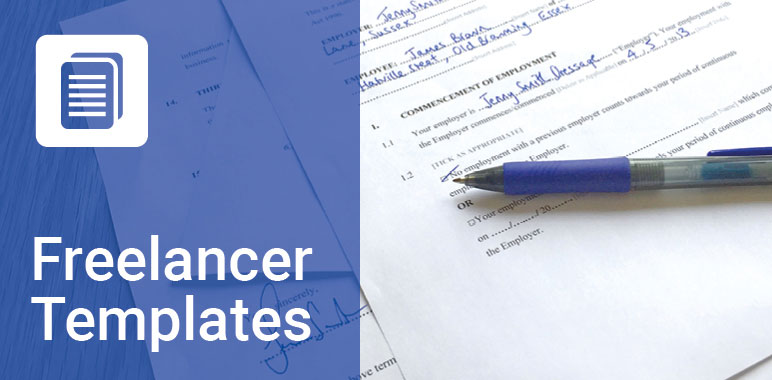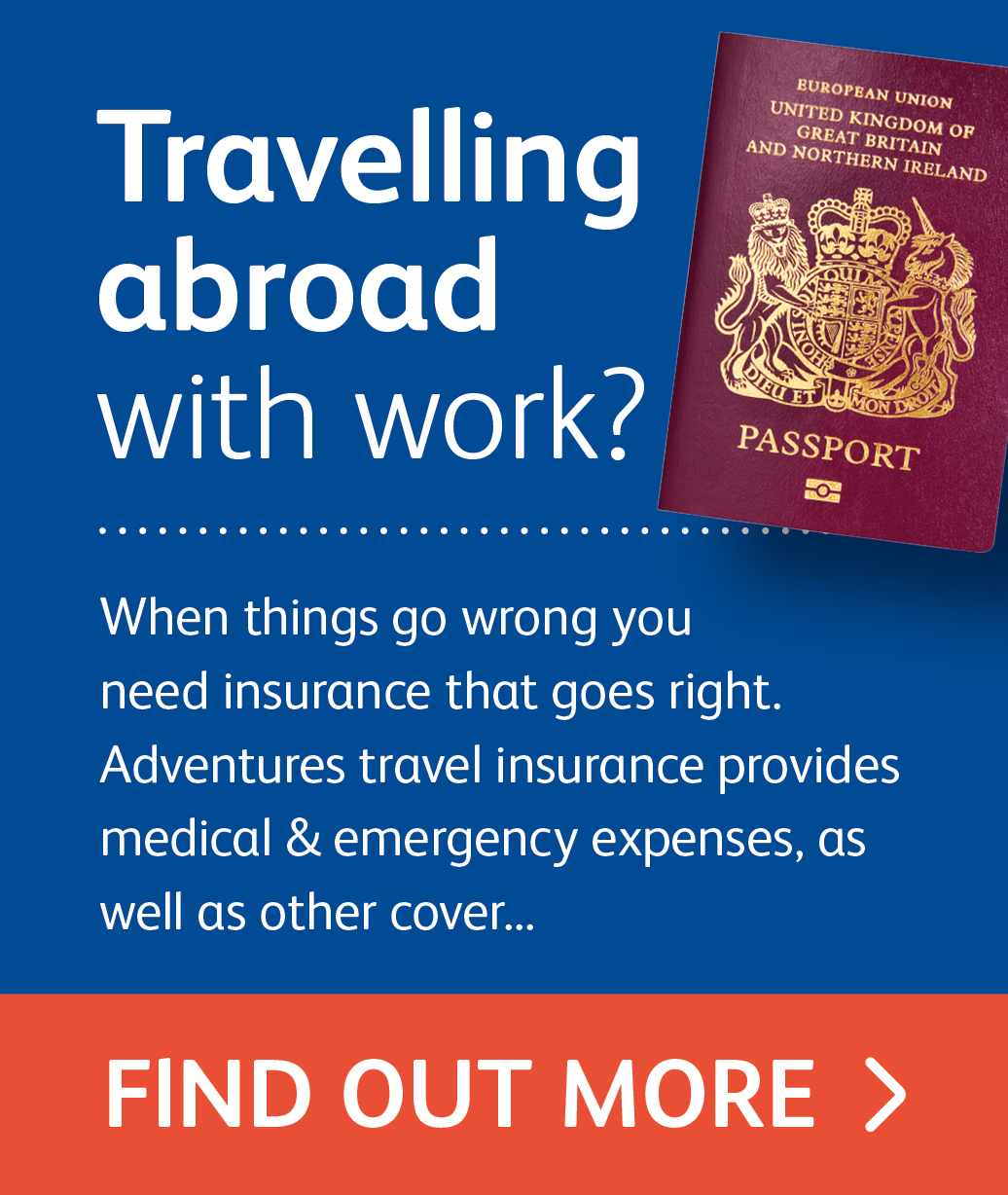- Join Now
- Login
- Member Zone
- Your Career
- Freelancing
- International Grooms Association
- BGA Training
- Healthy Yard Healthy Horses
- Transporting horses
- Brexit
- Safe workplace
- Student Zone
- Member Discounts
- BG Magazine
- Member services
- Training & Careers
- BGA CV Creator
- Horse groom training
- Where to Train
- BGA E Learning
- Career choices
- Change to Racing
- First Aid training for grooms
- Parents
- Grooms Jobs
- Grooms Life
- About
- News
- Contact

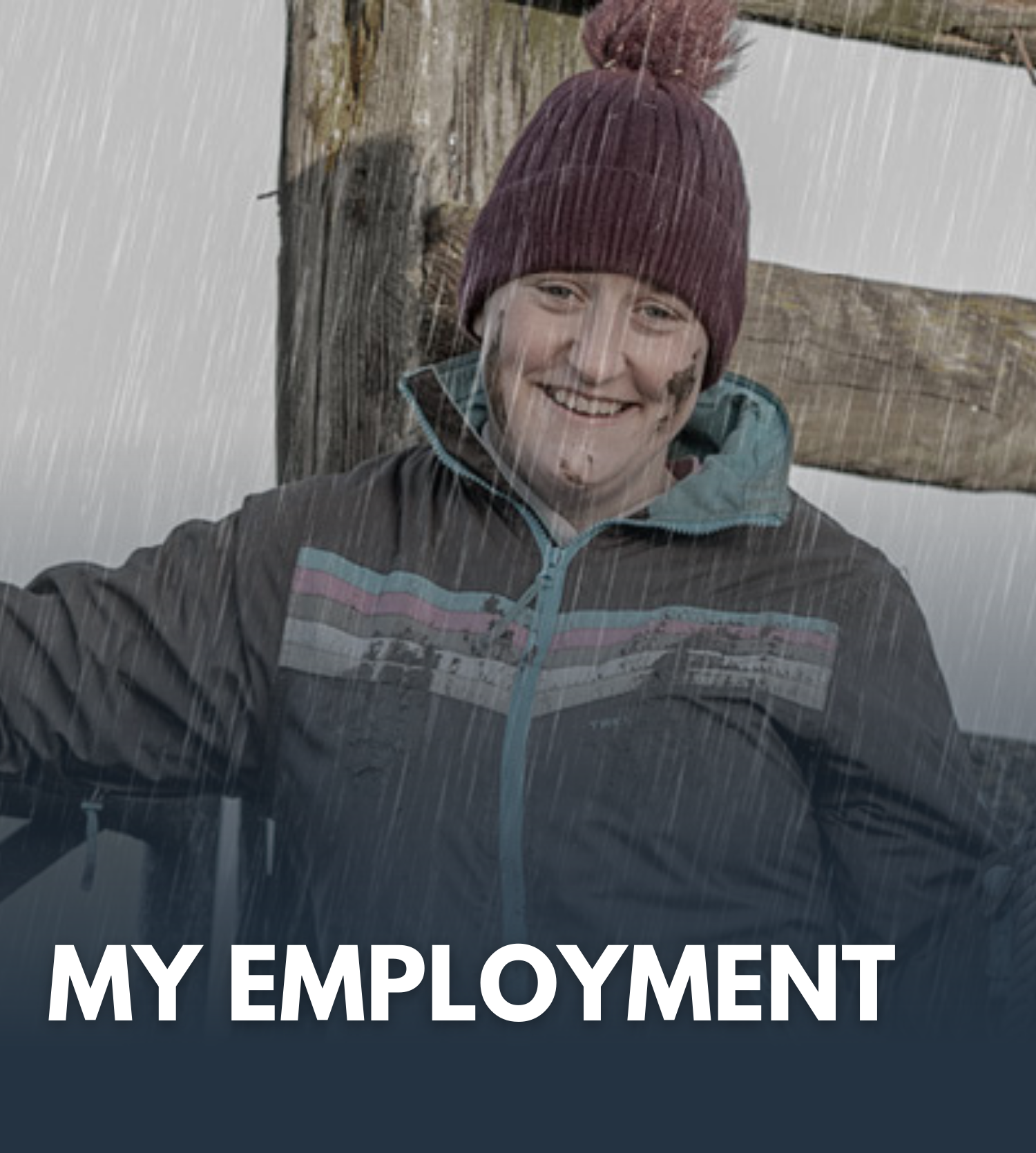
Am I employed correctly?
Employing legally is not a choice and an employer has a responsibility to ensure that everything is done correctly to protect you and themselves.
Check if you are employed correctly with our step by step guide
-
Do I have the correct employment status?
It is really important to understand your employment status as it can help to determine what you are and are not entitled to.
You must not be told that you are self-employed.Check your employment status here
-
Am I paid the National Minimum Wage?
The National Minimum Wage (NMW) is the minimum amount per hour which workers in the UK are entitled to be paid.
You must be paid at least the NMW for every hour that you work.
If you work overtime, you ever have to be paid overtime for it if you are on NMW or given time off in lieu.
-
Is my tax and National Insurance paid?
If you work in the UK, you will have to pay Income Tax and National Insurance (NI) on your wages.
Your employer must register for PAYE and it is their responsibilty to pay your tax and NI - certainly not yours.
Be aware, that if you have a National Insurance number (you almost certainly will), the HMRC (tax people) will be tracking your payments. Failure to submit payments for a period of time will trigger an alert.
You must get a P60 at the end of every tax year and a P45 when you leave an employment. -
Do I get payslips and am I paid on time?
Payslips are a legal requirement and you must recieve one with every pay period. (ie weekly or monthly).
Your Written Statement of Terms of Employment must state how often you will be paid and on what date.
It is a legal requirement for you to be paid on time - late payments can result in heavy fines in a National Minimum Wage claim.
-
Do I have a Written Contract of Employment?
Your employer must give all their employees and workers a ‘Written Statement of Employment Particulars’ (aka Written Contract) BEFORE, or ON, the start date of your employment.
Read it, if any of it is confusing or you have concerns contact the BGA, sign it and ensure you have a copy for your records which you keep safe.
Read more about contracts here
Get employment contracts from the Equestrian Employers Association.
-
Does my employer have the correct insurance?
An employer must by law have Employers Liability Insurance and Public Liability Insurance.
They must display their annual certificate for all to see.
As an employee it is not your responsibility to purchase this policy. -
Is my workplace adhering to health and safety requirements?
It is your employers responsibility to provide a safe workplace for their employees.
There should be a Health and Safety Manual and Risk Assessments available for all staff to view. -
Do I get the correct holiday entitlement?
If you work a 5/6 day week you are entitled to 28 days paid holiday, this includes bank holidays.
Your employer must allow you to take all of this annual leave, and if they do not allow you to take it then with agreement you must be paid for the leave not permitted to take.
-
Am I working too many hours?
Hours can be complex, however the key facts are:
You have the right to one uninterrupted 20 minute rest break during your working day (this could be a tea or lunch break), if you work more than 6 hours a day.
You have the right to 11 hours rest between working days (eg if you finish work at 8pm, you shouldn’t start work again until 7am the next day).
You have the right to an uninterrupted 24 hours without any work each week, or 48 hours each fortnight.
What the personal accident policy covers you for:
- Whilst at work
- All stable duties – mucking out, grooming, washing off, turning out
- Clipping
- Riding – including hacking and jumping
- Hunting
- Lunging
- Breaking in
- Holding horse for a vet and other procedures
- Travelling horses both in the UK and abroad
- Competing in line with your job including: jumping, dressage, eventing
- Injuries that may happen to you whilst you are teaching - but you must also be grooming as part of your duties and not be a sole instructor
What the personal accident policy doesn’t cover you for:
- Riding in a race, point to point or team chase
- Stunt Riding
- Accidents occurring whilst travelling to and from work
- Riding and competing your own horse (but you can upgrade when applying for membership to include this)
- Public Liability – this is a separate insurance policy - the Freelance Groom Liability Insurance
- Care Custody and Control – this is a separate policy - the Freelance Groom Liability Insurance
If you require additional cover then please contact KBIS directly.
| GROOM | RIDER | EMPLOYER | |
|
When you are working for other people you do most of the following; muck out, turn out/catch in, tack up, groom horses, exercise Horses (including hacking, jumping and schooling), in the care of your employer/client. |
|
|
|
| Predominantly ride horses for other people including schooling, exercising and competing. | NO |
YES |
YES |
| Provide grooming services for someone else either full time or on a freelance basis i.e. an employer or a client. | YES |
NO |
NO |
| Employ staff – have an employers liability policy in your name | NO | NO | YES |
| Buy and sell horses | NO | YES | YES |





